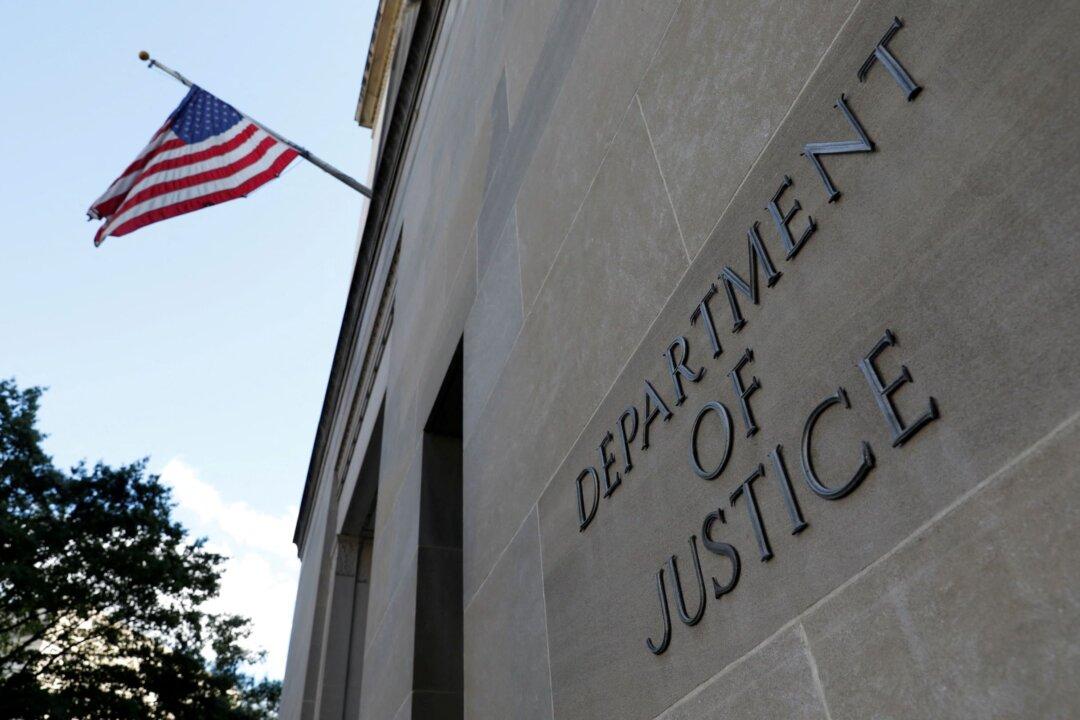The U.S. Department of Justice said on July 19 that it seized about $500,000 in cryptocurrency that two American medical centers had paid to North Korean state-backed hackers after a ransomware attack.
Deputy Attorney General Lisa Monaco said the seized funds include ransoms paid by health care providers in Kansas and Colorado in 2021 and 2022, according to a statement issued by the Justice Department.





